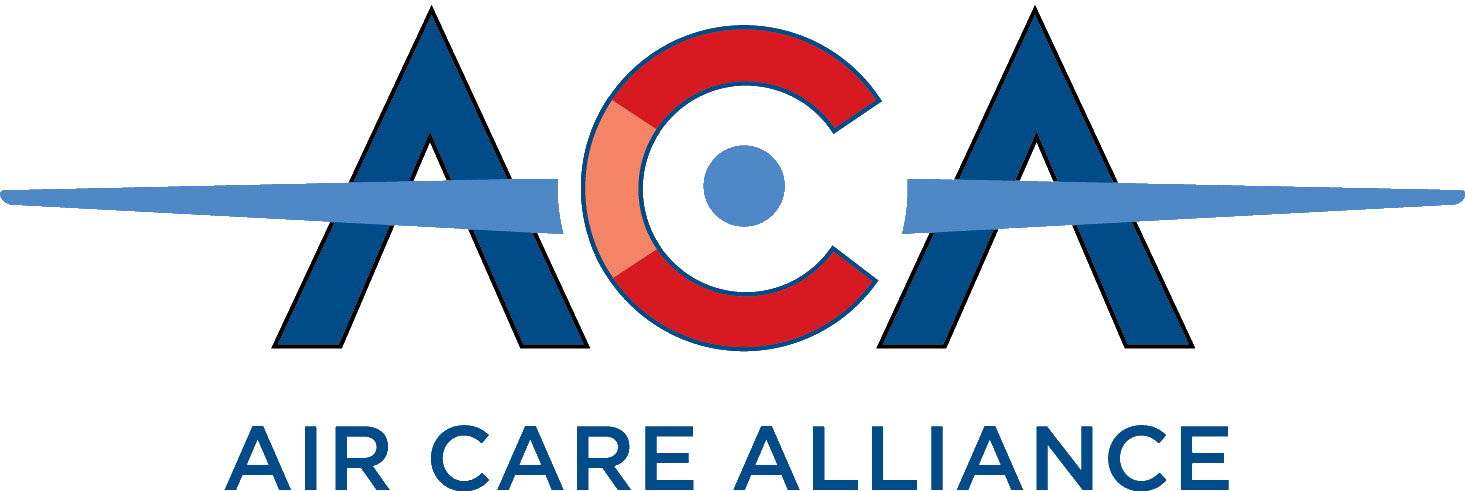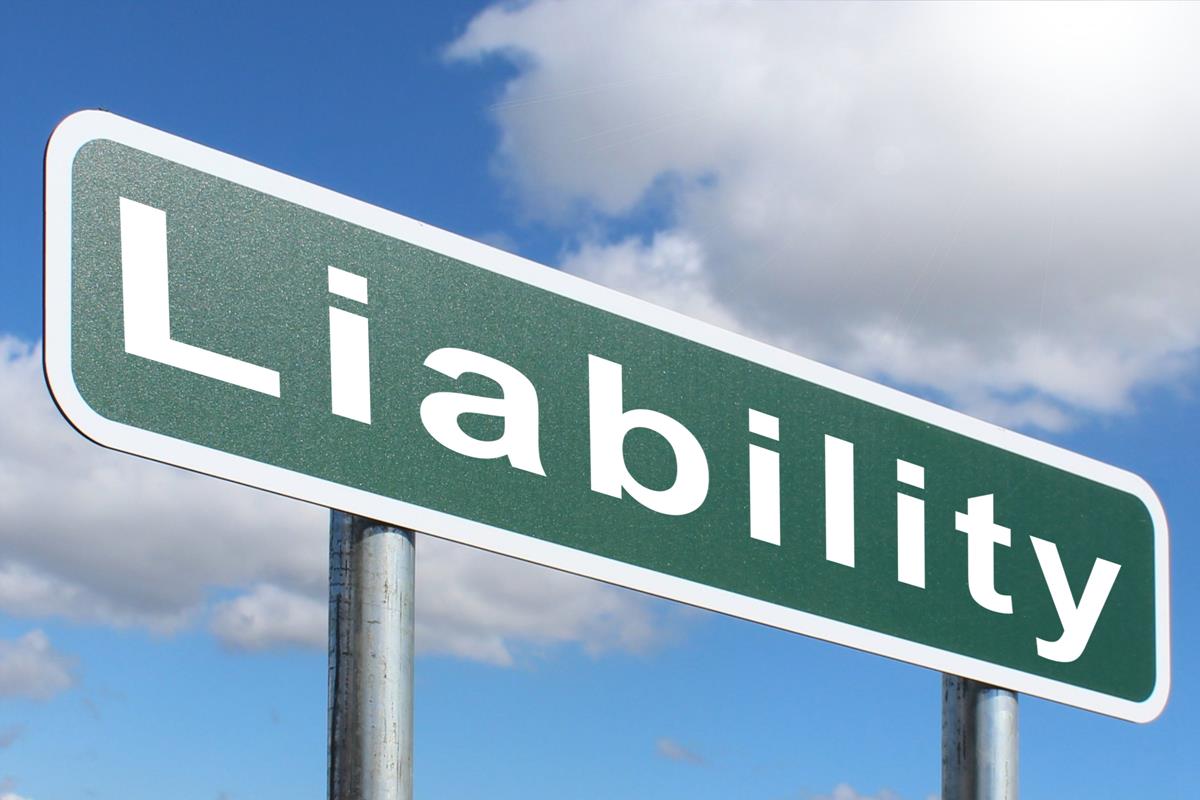One of the most common hesitations to becoming a volunteer pilot is concern about liability. Pilots may worry about risking their personal and family assets by volunteering to transport needy patients or by conducting other types of compassionate flights. Here’s what you need to know about liability.
ACA can only give general pointers. A discussion with your attorney and financial advisor is recommended so that your specific needs are addressed.
Insurance
There is no substitute for adequate insurance coverage to protect pilots against claims that may arise out of an accident or incident. Adequate limits may be hard to come by in the current market, so you should take the time to shop around, not only for rates, but limits of liability. You may want to ask your agent whether additional hours or ratings or certificates would lower your rates or increase the amount of coverage offered.
Volunteer flights have no greater risk than flying a friend or family member
Pilots may have concerns about having a stranger in their airplane. But because volunteer flights are conducted under Part 91 of the FARs, your liability as a volunteer pilot is no different than if you were flying a friend or family member. Additionally, there are other factors, such as statutes and waivers that change the equation in the pilot’s favor.
Passengers sign liability waivers
Virtually all Volunteer Pilot Organizations (VPOs) will require passengers to sign a liability waiver at intake and also before each flight. This acts as an added layer of protection for you, the pilot, and also the organization. You can request to view a VPO’s waiver before volunteering and most VPOs will send you a signed copy before each flight. While there is no guarantee that these waivers will always hold up in court, at a minimum, they are an important tool to help your attorneys defend a claim and achieve a favorable settlement.
Liability is limited to your insurance coverage
For years, federal legislation (the Volunteer Protection Act of 1997) has protected most charitable volunteers from liability; however, this protection did not extend to volunteer pilots.
Fortunately, the Air Care Alliance worked to include a provision in the FAA Reauthorization Act of 2018, that protects volunteer pilots from liability concerns. Volunteer pilots who conduct flights to help those in need on behalf of nonprofit organizations no longer have to worry about liability in excess of the limits of their insurance coverage. States also have their own versions of volunteer protection statutes which may offer greater protection; however, if traveling across state lines, you may not be able to know which state’s law will apply to a given accident in advance.
Your organization may want to be a “named insured”
In most cases, VPOs do not operate aircraft or conduct flights. The pilot is fully responsible for the conduct of the flight and the VPO simply acts as a matchmaker between volunteer pilots and passengers in need of transportation. However, only minimal insurance is available to VPOs and those policies are not well tailored to their operations.
Because of this, some VPOs require or recommend that pilots add their organization as an additional insured on the pilot’s insurance policy. It should be noted that in today’s hardening insurance market, doing so may not be possible or may only be available at extremely high premiums. ACA suggests that volunteer pilots comply with these requests whenever reasonably possible. However, if in doubt, discuss this with your agent and/or attorney.
For more information about why insurance rates are increasing and what you can do about it, we recommend reading this article from AOPA.
Mitigate risk, reduce liability
Operating safely and legally can go a long way in mitigating risk and therefore minimizing liability. Make sure you meet all requirements for currency and recent flight experience before each flight. If the weather is iffy or you aren’t feeling up to snuff, cancel the flight. VPOs are prepared for and expect you to do this.
Additionally, ACA recommends that all volunteer pilots take the Public Benefit Flying online course at least once a year to stay fresh on the potential risks involved in volunteer flying and how to avoid them. The course and additional safety materials can be found here: https://www.aircarealliance.org/resources-for-groups/safety/
Bottom line
All Pilots assume a risk of accident and liability. Those who have refrained from charitable flying because of liability concerns should consider that their risks are no greater and, in most cases less, than the risks of any other flight with passengers. For most pilots, whatever risks are outweighed by the good they do for people and our communities.
While liability can never be completely eliminated, having the aforementioned protections in place should help ease your mind. We hope that pilots will feel comfortable joining the ranks of the countless volunteers who contribute their skills and resources for the public good.

